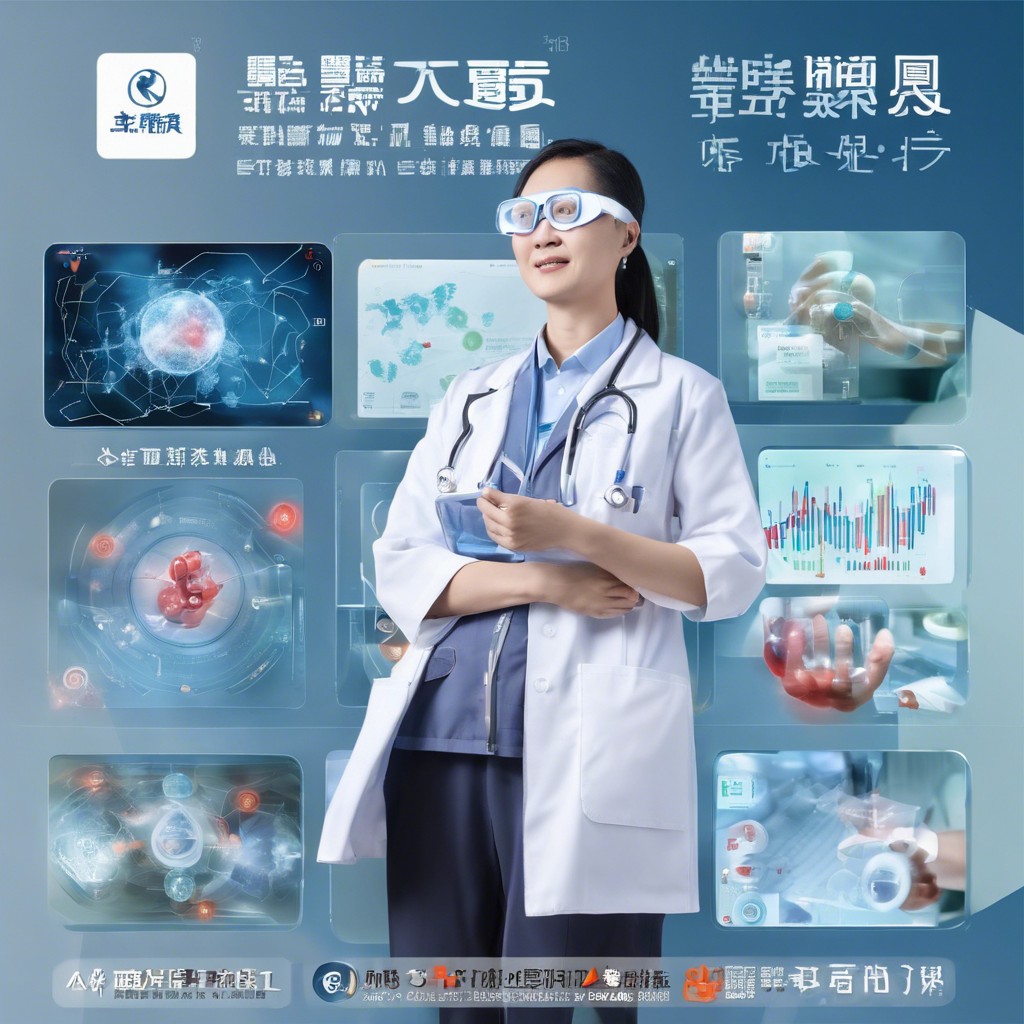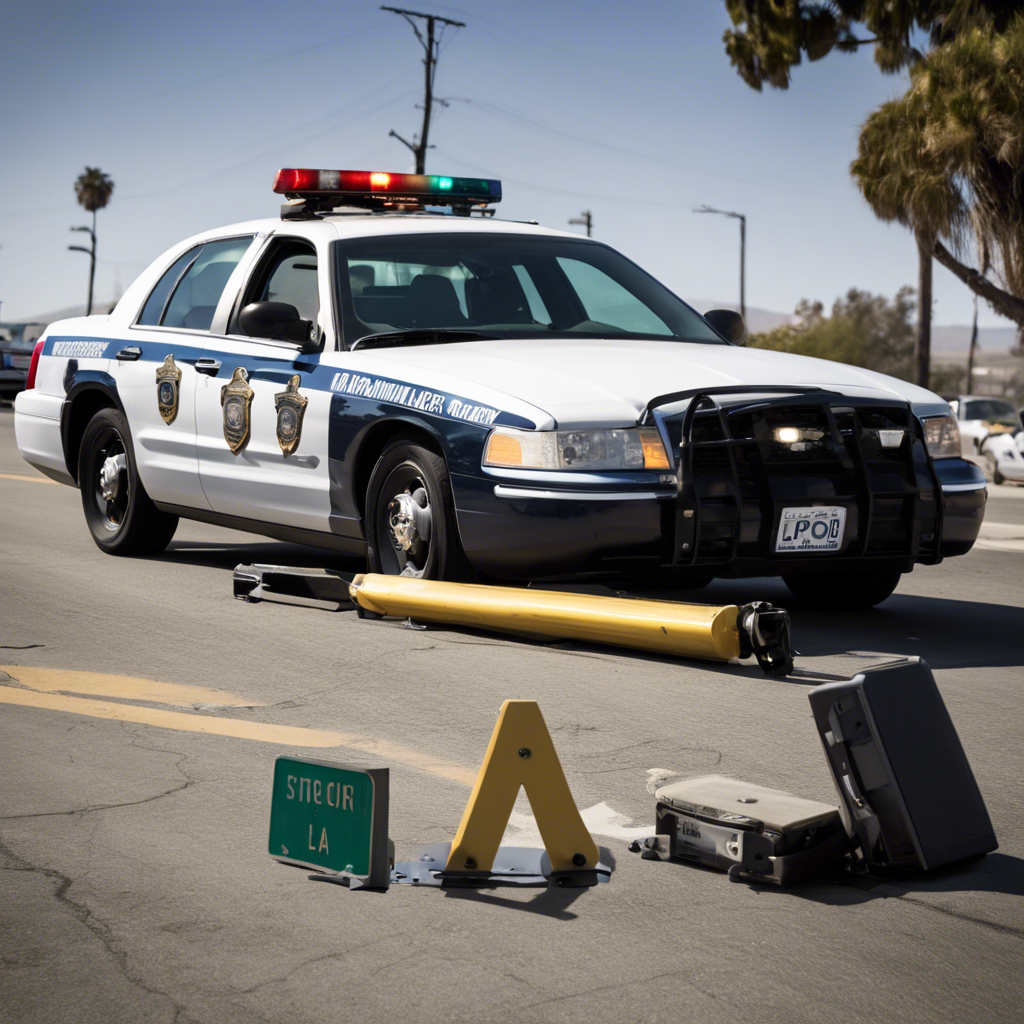Revolutionizing Healthcare with Mixed Reality: The Journey of Dr. Gao Yujia

Dr. Gao Yujia, a liver, pancreas, and liver transplant surgeon, is spearheading the integration of Mixed Reality technology into healthcare, paving the way for transformative advancements.
Dr. Gao Yujia, a pioneer in both medicine and technology, has dedicated his career to revolutionizing healthcare through the integration of emerging technologies. From his early fascination with gadgets to his current role as a surgeon at the National University Hospital in Singapore, Dr. Gao has witnessed firsthand the profound impact of technology on the medical field. In particular, his exploration of Mixed Reality technology has opened up new possibilities for patient care, surgical planning, and medical education. This article delves into Dr. Gao’s journey and the transformative potential of Mixed Reality in healthcare.
Discovering the Potential of Mixed Reality
Dr. Gao’s journey with Mixed Reality technology began in 2019 when he attended a workshop on the Microsoft HoloLens 2. This immersive device allowed users to interact with highly precise 3D visualizations of real-world objects using simple gesture controls. Dr. Gao was captivated by the possibilities this technology presented for healthcare. Despite the limited use cases at the time, Dr. Gao recognized the immense potential of Mixed Reality in transforming healthcare delivery.
Streamlining Surgical Planning
One area where Mixed Reality has made a significant impact is in surgical planning. With the HoloLens 2, surgeons can create 3D holographic images of patients’ anatomy, allowing for more precise surgical planning. Dr. Gao and his team have utilized this technology in various specializations, including neurosurgery, cardiac surgery, and liver transplant surgery. The ability to visualize complex anatomical structures in real-time has improved surgical outcomes and reduced the risk of complications.
Enhancing Clinical Diagnoses
Mixed Reality technology has also shown promise in expediting clinical diagnoses. At the National University Health System (NUHS), doctors perform thousands of scans each year, with a significant portion dedicated to regular surveillance. By utilizing Mixed Reality, the process of analyzing scan images can be significantly shortened, providing patients with faster and more accurate diagnoses. This not only reduces anxiety but also allows for timely interventions and treatment plans.
Empowering Patient Education and Counseling
Patient education and counseling have been transformed by Mixed Reality technology. Through the use of the HoloLens 2, surgeons can provide patients with highly realistic 3D visualizations of their medical conditions and surgical procedures. This immersive experience helps patients better understand their conditions, alleviating anxiety and fear. Surgeons can tailor their explanations and recommendations based on the patient’s perspective, leading to more informed decision-making and improved patient outcomes.
The Future of Healthcare Integration
Dr. Gao envisions a future where Mixed Reality technology, combined with advancements in 5G and edge computing, becomes an integral part of healthcare operations. This integration would enable healthcare practitioners to access patient data seamlessly and process massive volumes of information for clinical decision-making. The deployment of dedicated indoor 5G networks, such as the one implemented by NUHS, ensures reliable connectivity and data transfer for Mixed Reality devices.
Conclusion: Dr. Gao Yujia’s pioneering work in integrating Mixed Reality technology into healthcare has paved the way for transformative advancements in patient care, surgical planning, and medical education. The use of this immersive technology has proven to enhance clinical diagnoses, streamline surgical procedures, and empower patients through visual education and counseling. As technology continues to evolve, the future of healthcare holds immense potential for further integration, ultimately improving patient outcomes and revolutionizing the field.










